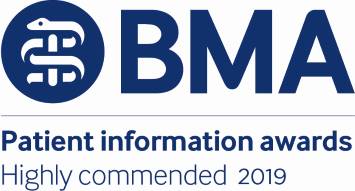Finding a therapist to help with paruresis (shy bladder)
What is the best therapy for paruresis?
Paruresis (shy bladder) is a social anxiety disorder. As with many social anxiety disorders, feelings of distress can be amplified over time through an established pattern of thinking.
For example, just thinking about using a public toilet can bring on automatic negative feelings and a rise in anxiety before you even enter the physical situation. Moreover, this continued cycle of thinking becomes so established that you can feel completely unable to control it, to the point where you will actively avoid the situation wherever possible.
The best therapy will work to break this pattern of thinking. It will help you to identify the root causes and give you specific techniques to try to retrain your brain. Cognitive Behavioural Therapy (CBT) has a huge evidence base for its effectiveness in dealing with social anxiety disorders such as paruresis. Its structured approach enables sufferers to begin thinking differently. Allowing you to gradually approach the situation instead of avoiding it. Over time you will start to regain control and the vicious cycle is gently turned into a virtuous cycle.
Can other therapeutic techniques help?
Developing effective relaxation techniques can help with the therapeutic process by reducing anticipatory anxiety. However, they are insufficient on their own. This is also true of deeper relaxation approaches such as hypnotherapy. See here for more information about Hypnotherapy and Paruresis
Other talking therapies may help you to gain insight and understanding into your condition, or help you consider how you view yourself and your paruresis. In the UKPT’s experience it is the practical, structured approach of CBT in challenging patterns of thinking which is of particular value and brings about more lasting change for individuals.
How to find the right therapist
We recommend finding a therapist who is qualified and experienced in providing CBT for social anxiety disorders. The best place to start is with the British Association of Behavioural and Cognitive Psychotherapists (BABCP). This is the lead professional organisation for the accreditation and training of CBT psychotherapists.
In choosing a CBT therapist, there are several factors to consider. The list below mentions just some of the questions you might want to consider asking a potential therapist:
- What are their qualifications and experience?
- Are they accredited with the BABCP?
- Do they have an interest in treating social anxiety disorders?
- Are they aware of avoidant paruresis?
- Have they helped clients with it in the past?
- Can they provide a structured, directive approach to the work, using a graduated exposure model?
To find CBT practitioners online is straightforward. The BABCP has produced a register of members which you will find here: https://www.cbtregisteruk.com/Default.aspx








